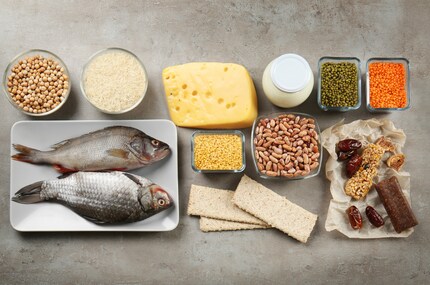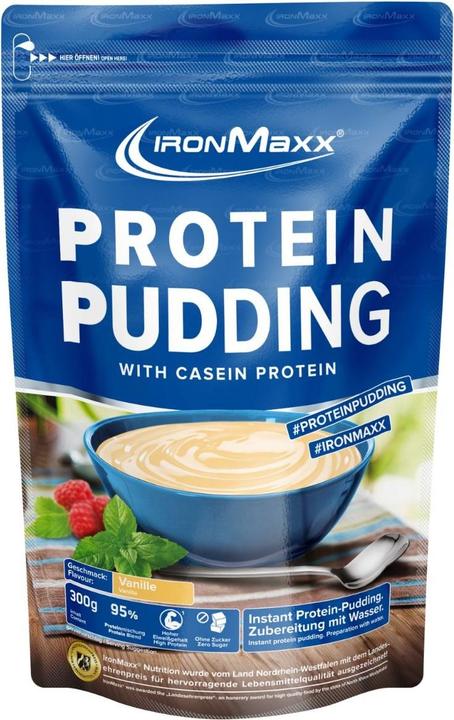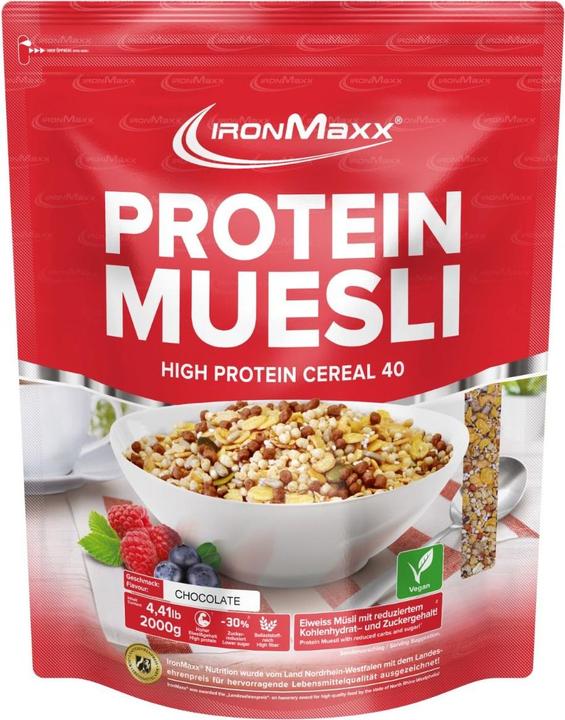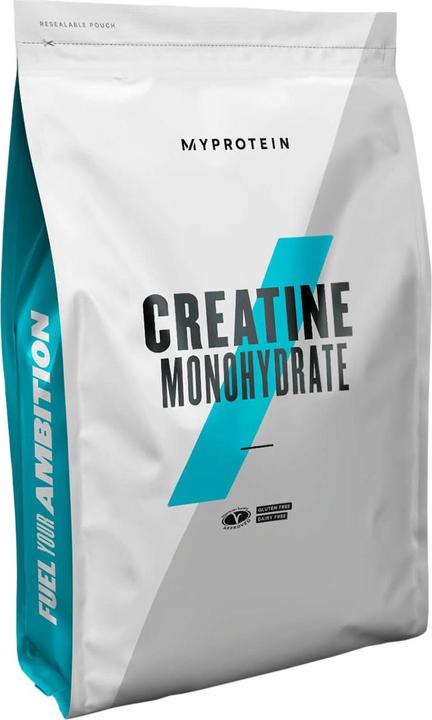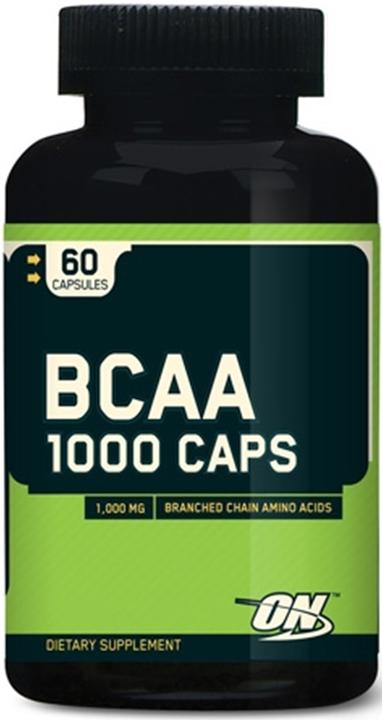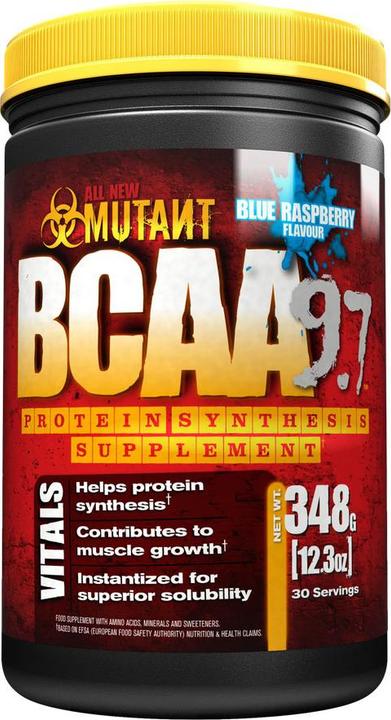

We guide you through the jungle of nutritional supplements
Do I need to drink protein shakes to build muscle? What is BCAA? And what's all the fuss about low carb? Nutrition in connection with sport can sometimes be quite confusing. We guide you through the jungle of nutritional supplements.
Low carb
The weaker and also very effective method: you only cut out carbohydrates in the evening. Especially easy in summer. A piece of meat and vegetables/salad. If you're tired of meat, fish and vegetables, we have some alternatives. But be careful: still pay attention to the nutritional values. Low carb products also have carbohydrates, and basically you need a calorie deficit to lose weight. Whether you want to achieve this with low carb or another method is up to you.
Protein
If you want to lose weight or build muscle, you should definitely consume enough protein. Whether you do this with a protein shake or protein-rich food is up to you. Protein shakes make it pretty easy for you to do this in any case. I would also definitely recommend this to women. Don't worry, it won't make your muscles visibly bigger (you'd have to really step on the gas for that) but it will help you lose weight and, above all, combat cellulite.
Protein shakes mixed with protein powder are relatively simple: you simply mix the recommended amount of protein powder with milk or water and drink it. Such a shake contains around 20-30 grams of protein. Protein shakes are best taken in the morning, 30 minutes before training or directly after training. Incidentally, it also helps to prevent sore muscles.
A little tip: The protein powder from Optimum Nutrition has a very good composition. A very high protein and low carbohydrate content.
Creatine
Creatine is only taken in phases (over several weeks) and not permanently. It is important that you drink enough. This promotes absorption in the blood and muscles. If you don't do this, creatine will do you little good.
Amino acids
Amino acids are divided into essential and non-essential amino acids. Essential amino acids must be ingested with food. In contrast, non-essential amino acids can be produced by the body itself. Most essential amino acids are absorbed when eating protein-rich foods. The need for essential amino acids can increase with age or during pregnancy and breastfeeding.
In strength sports in particular, it can be useful to take certain amino acids as dietary supplements in order to obtain an optimal mix. BCAA and L-glutamine are particularly popular among athletes. The amino acids are taken before training to support muscle building. The right combination of amino acids can help you build muscle
Well-intentioned advice
To the entire sports nutrition range



